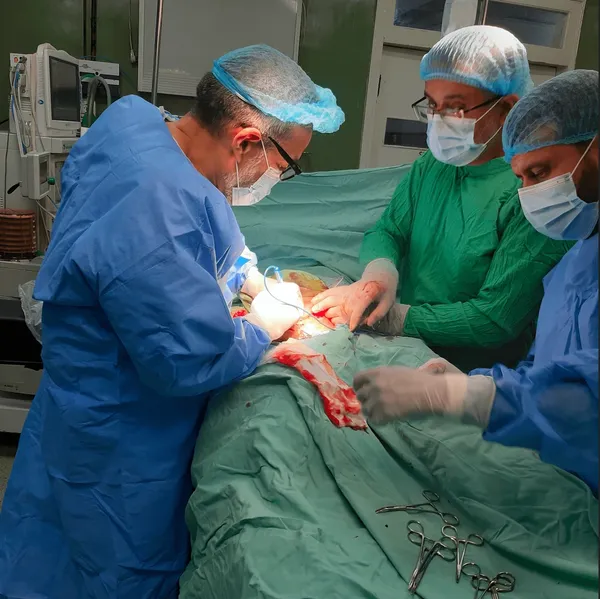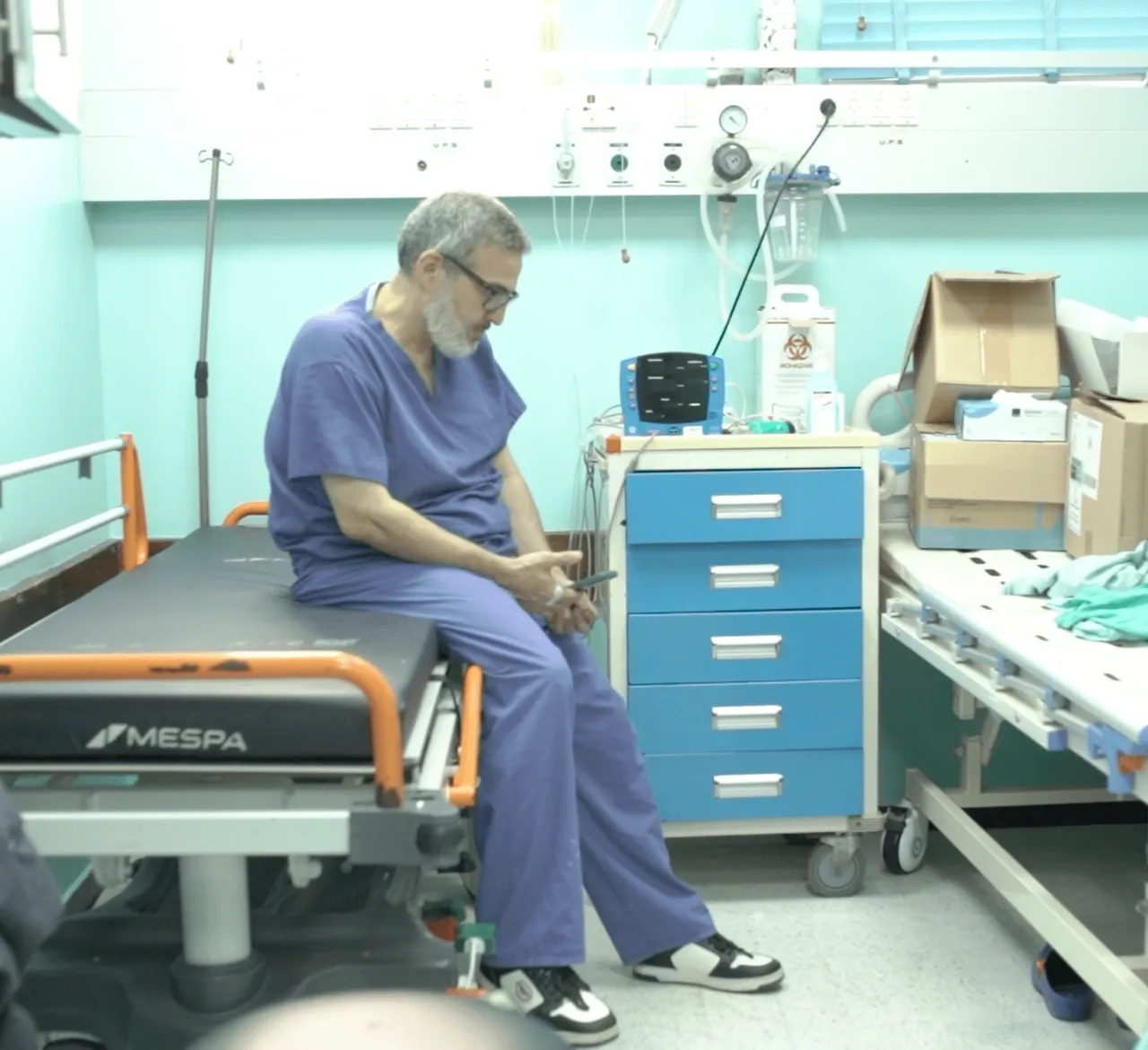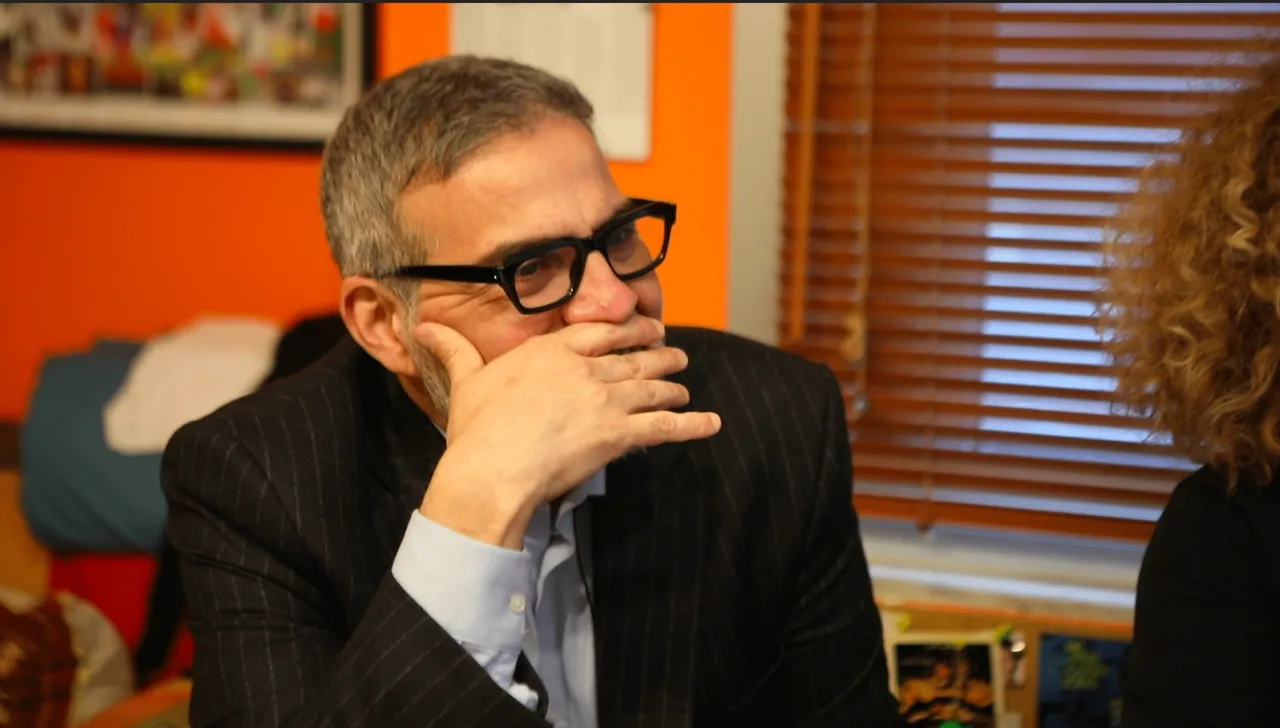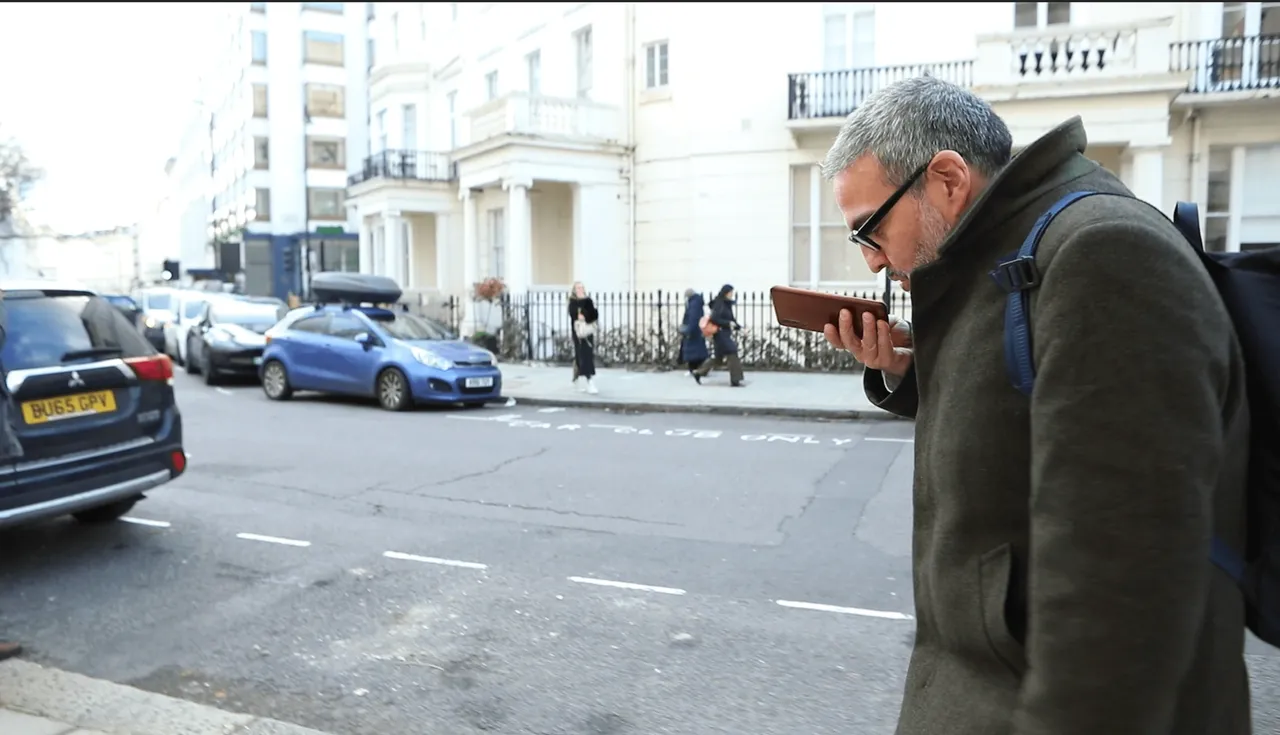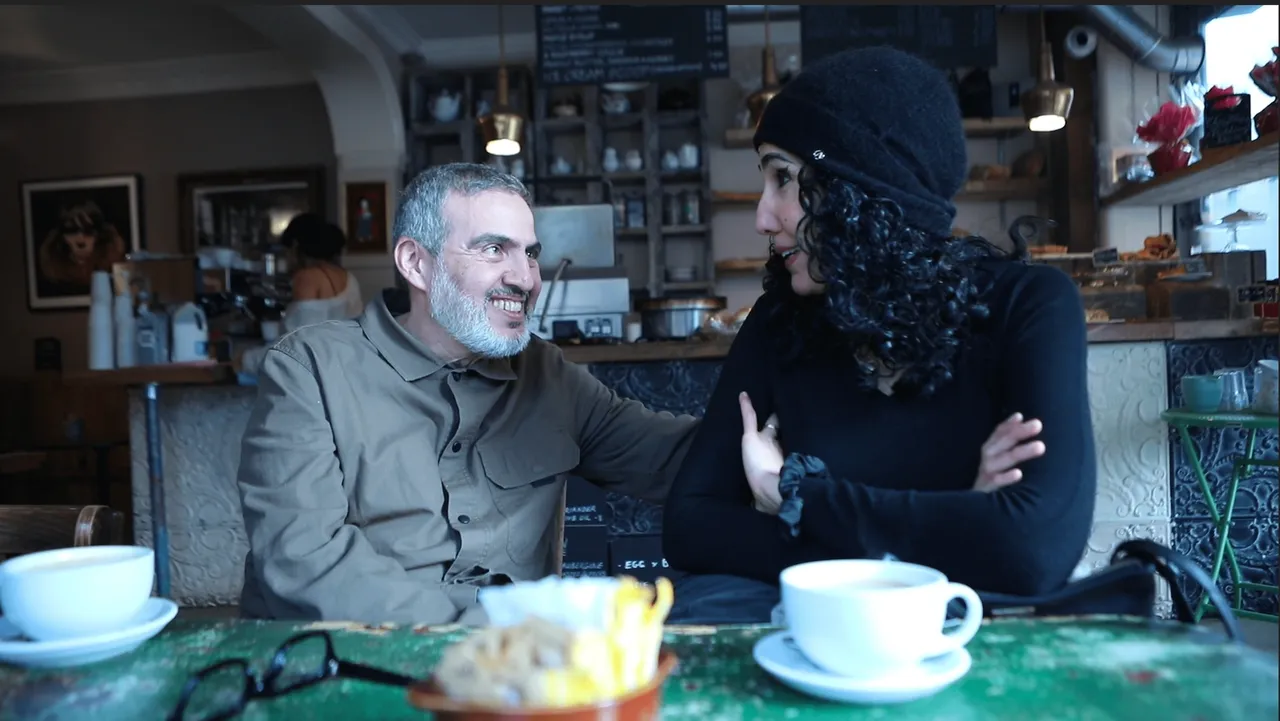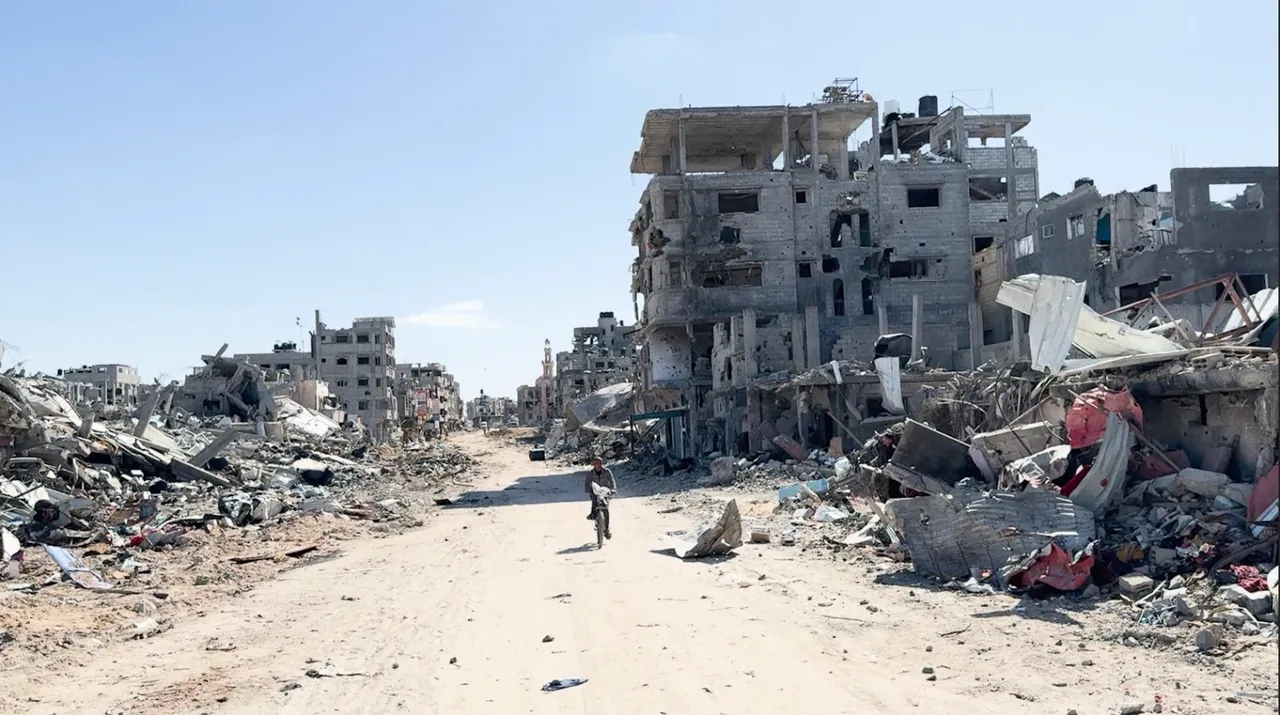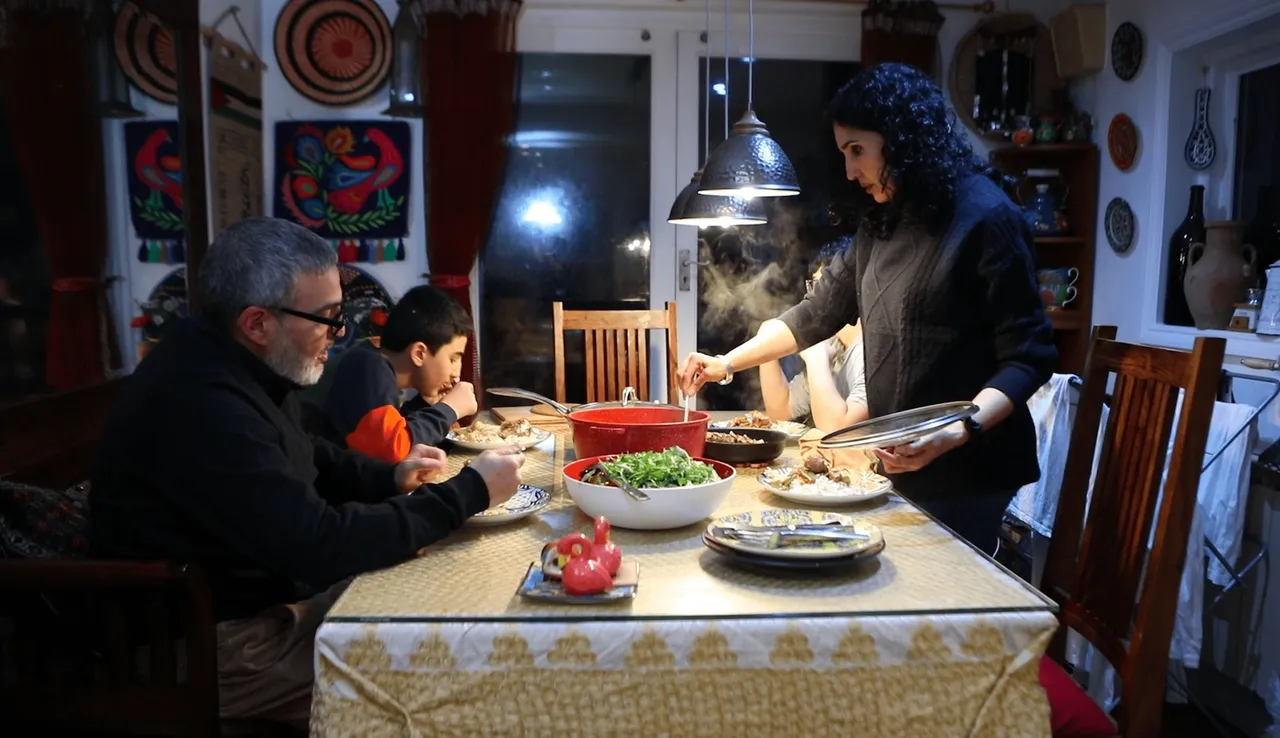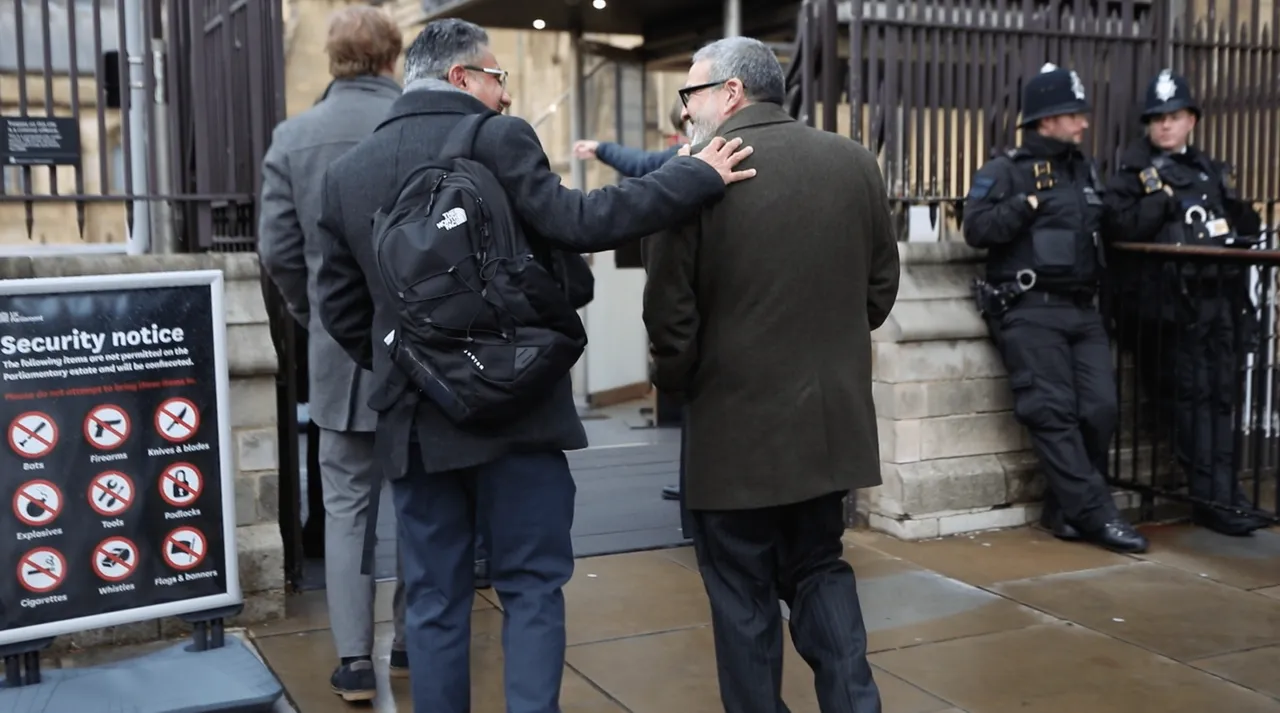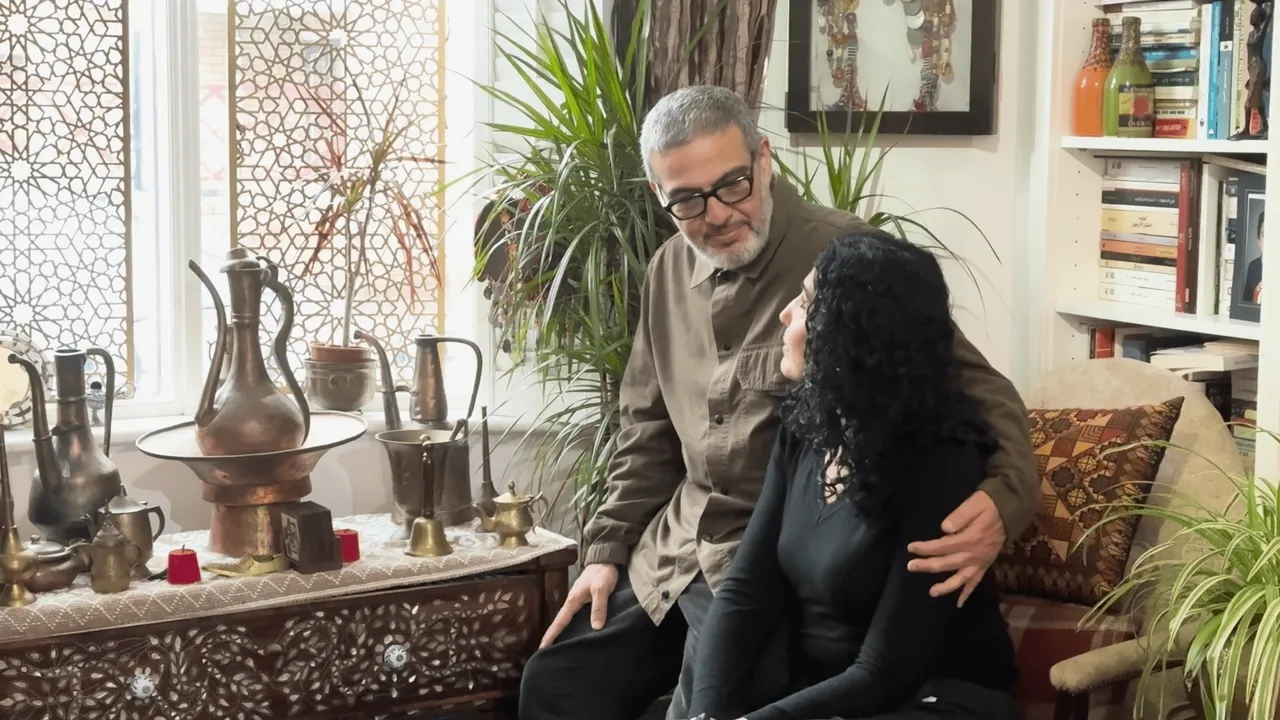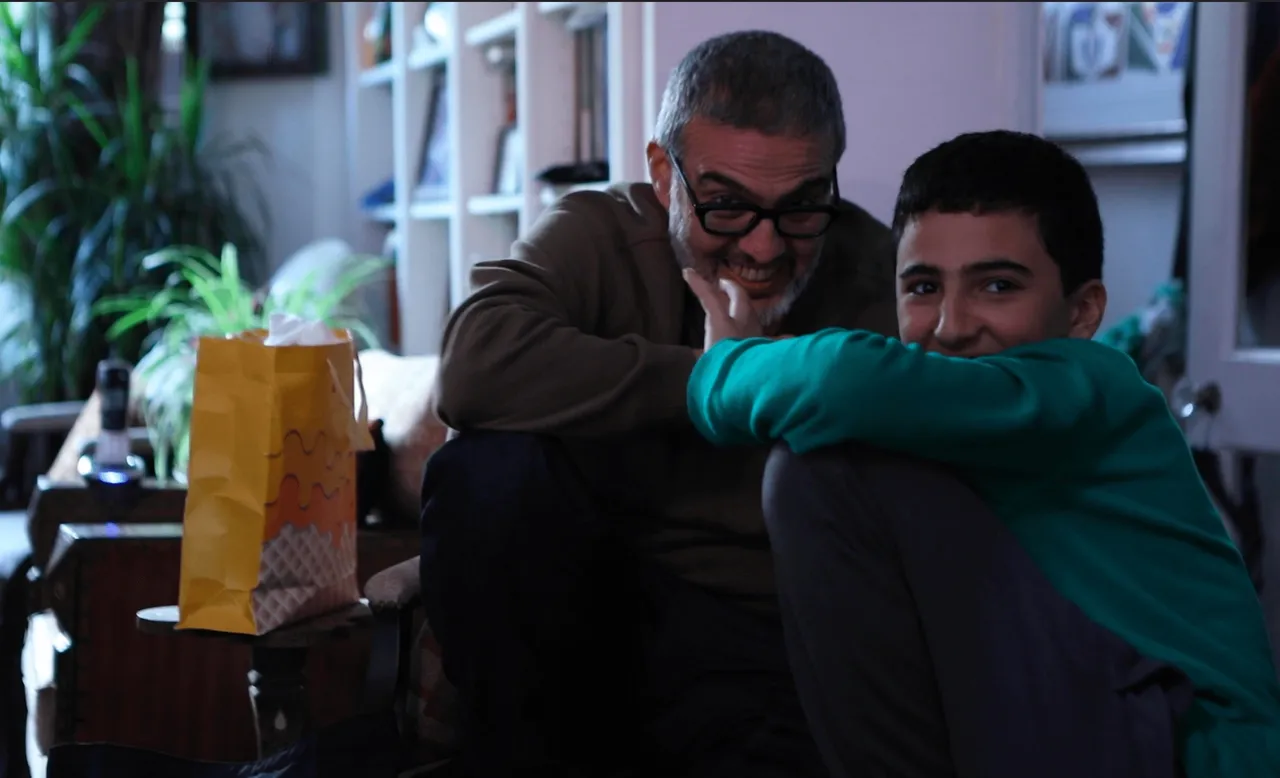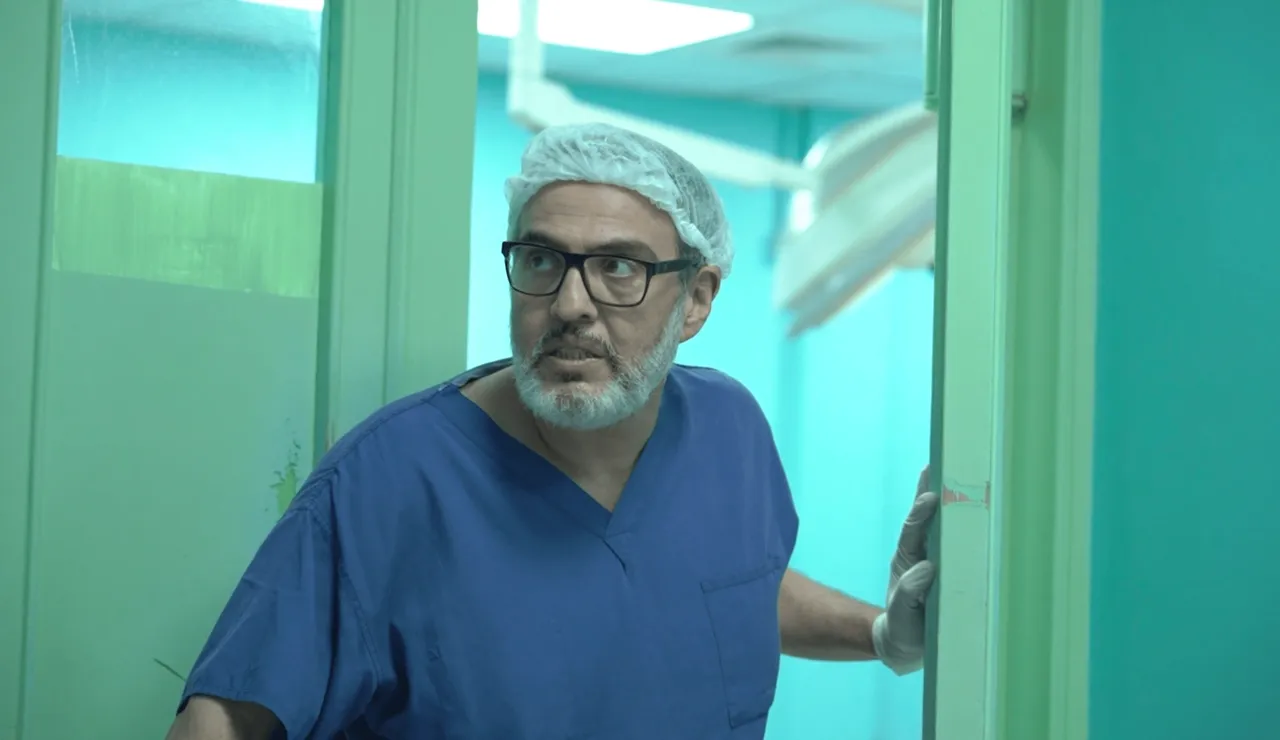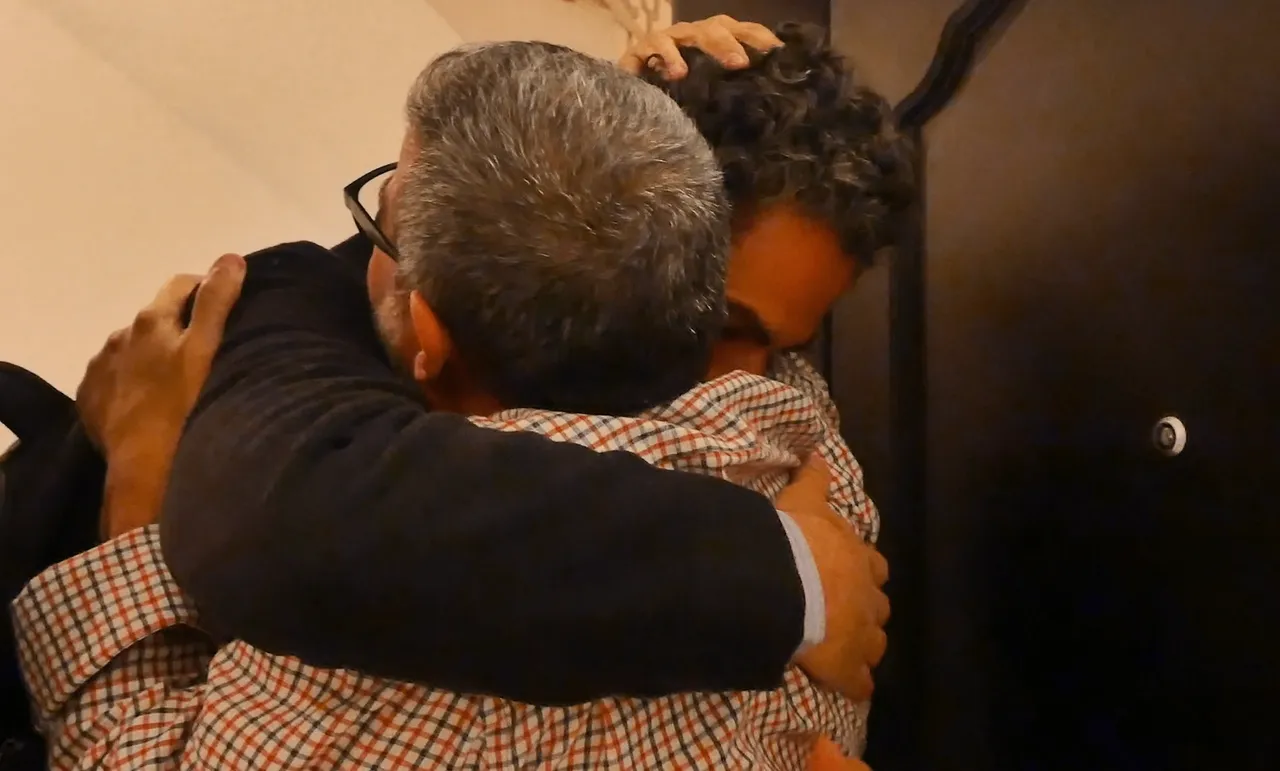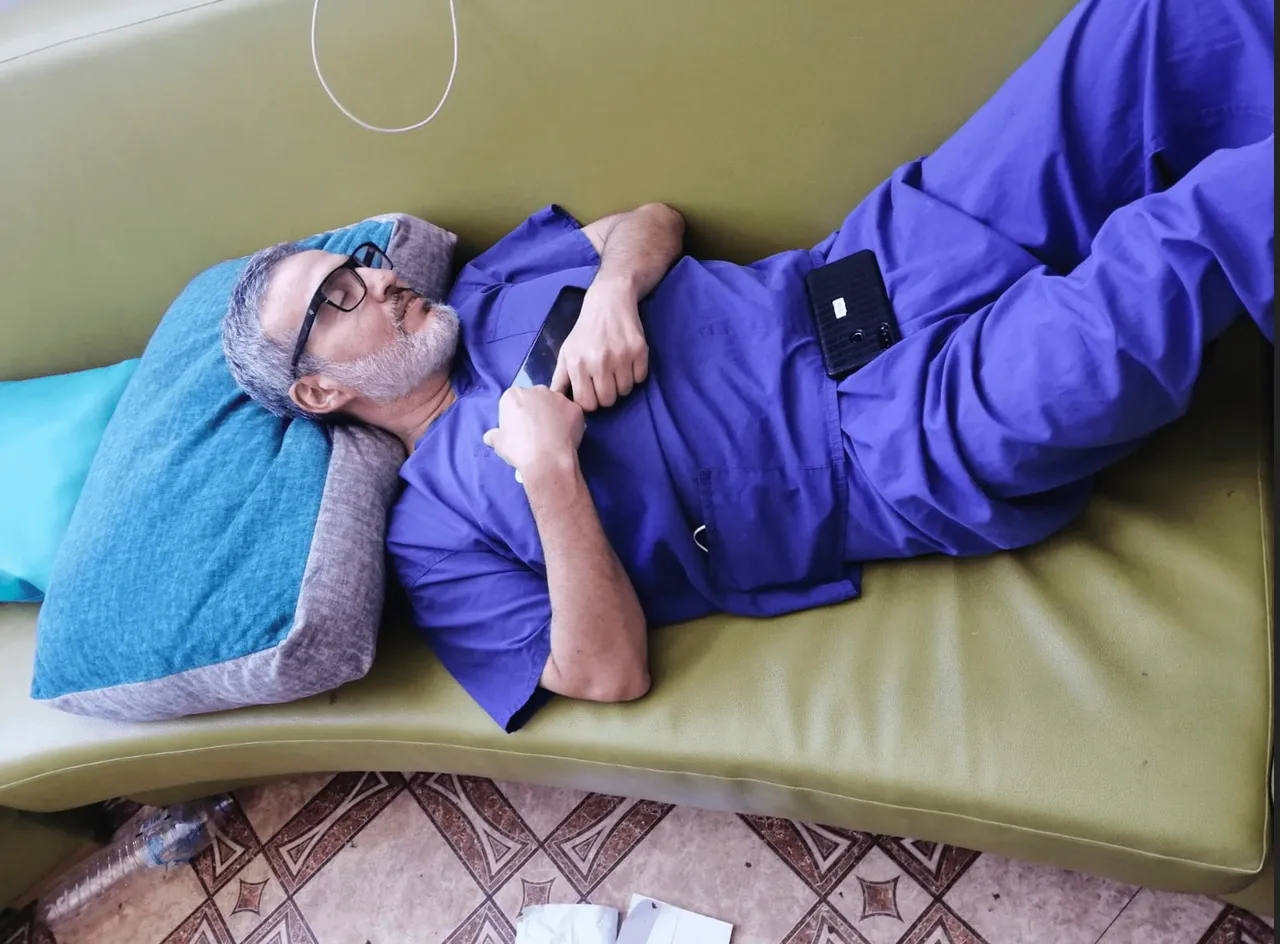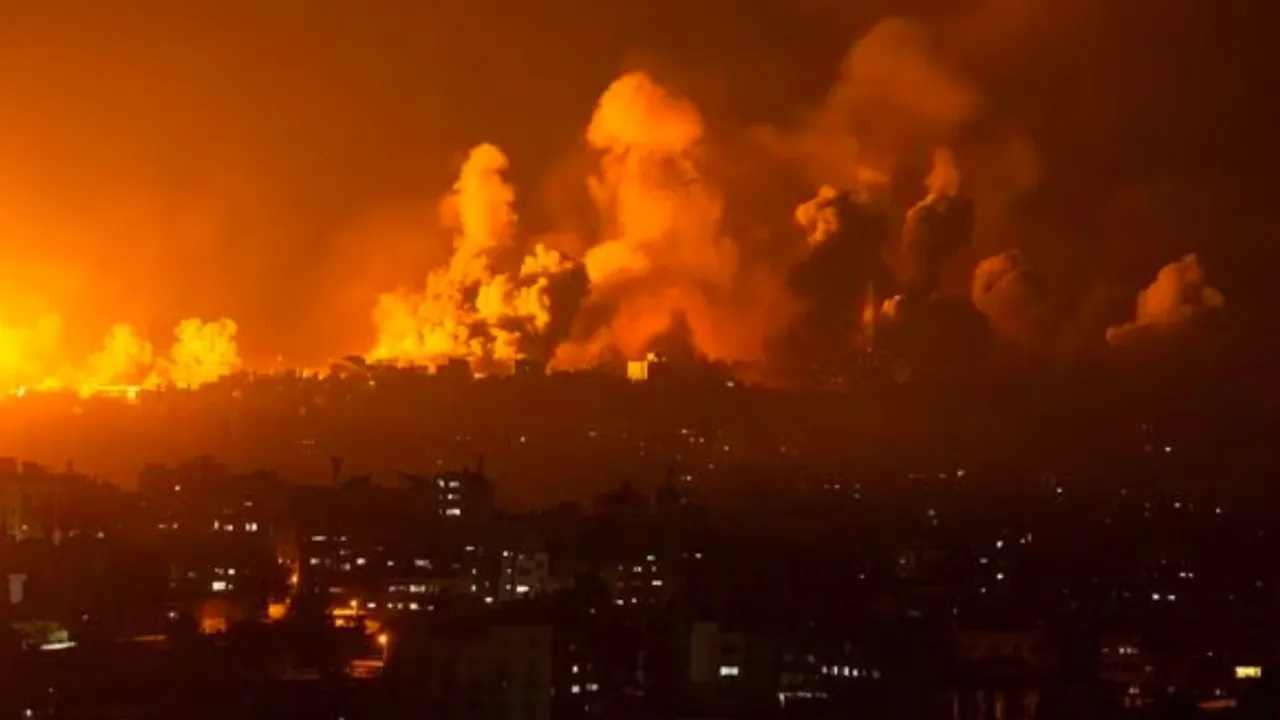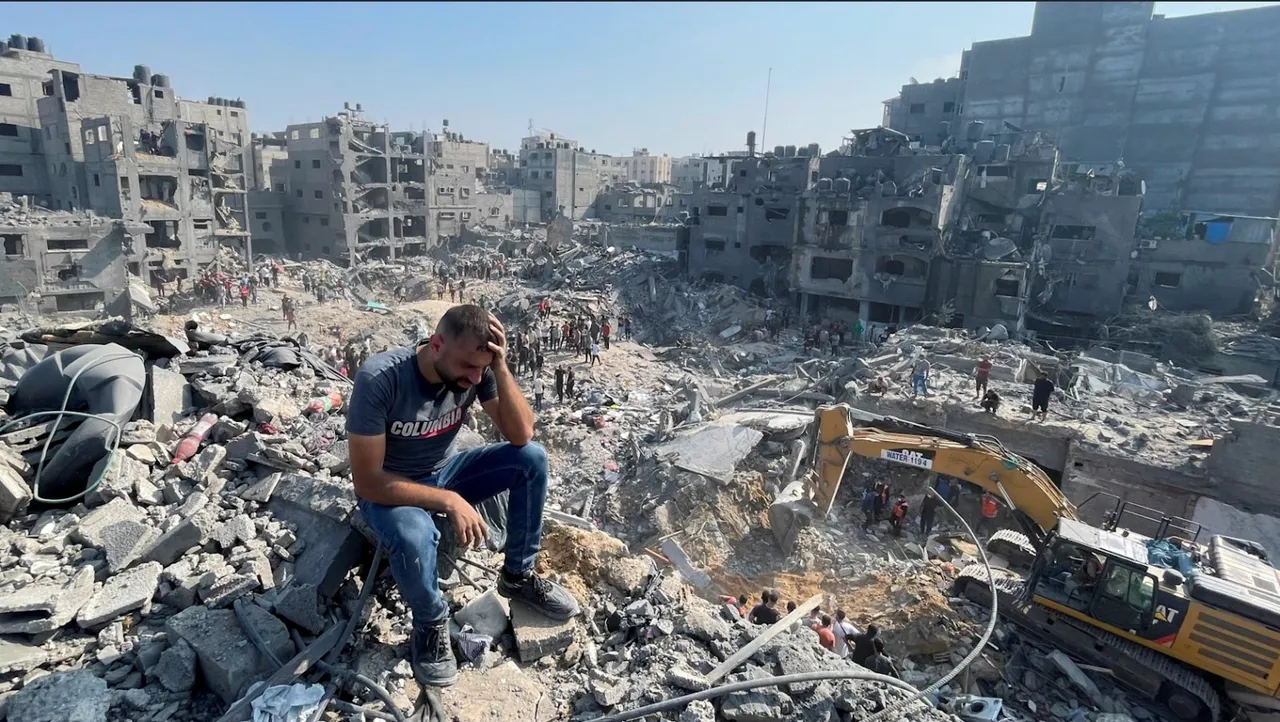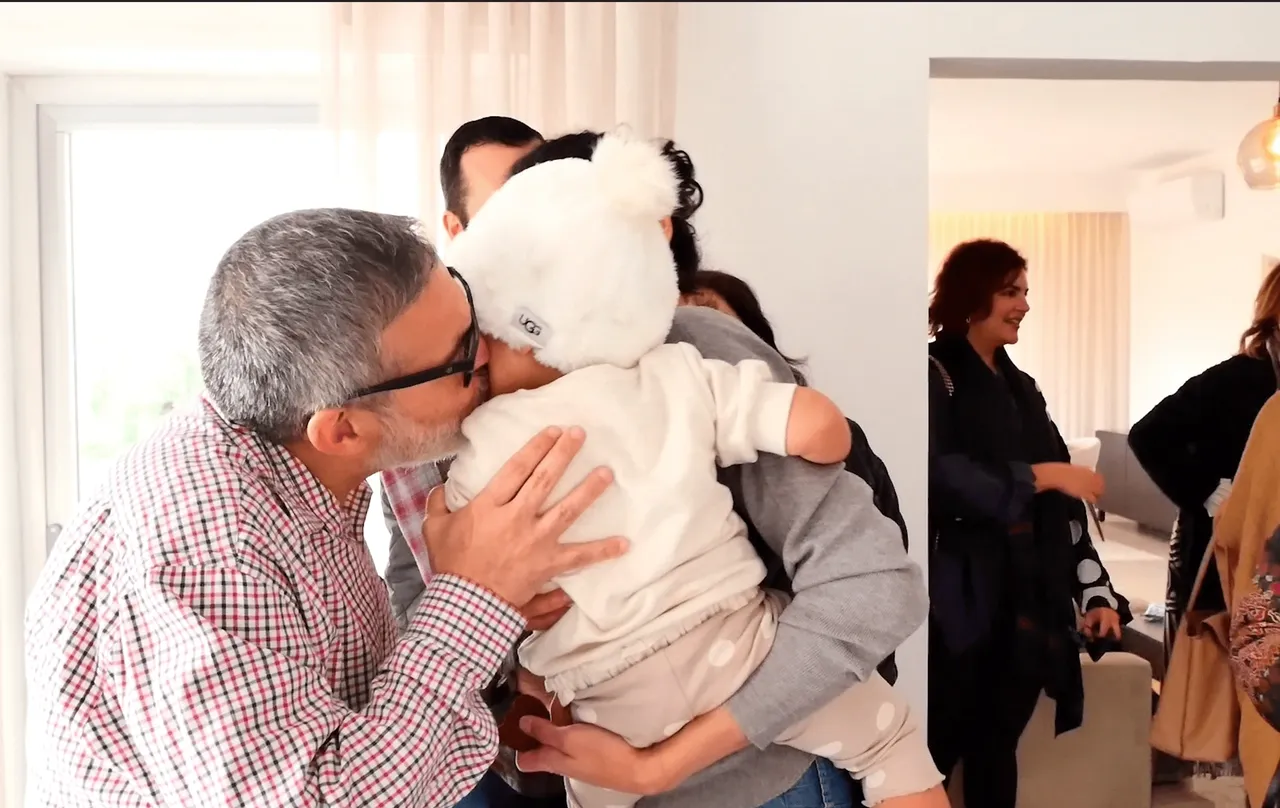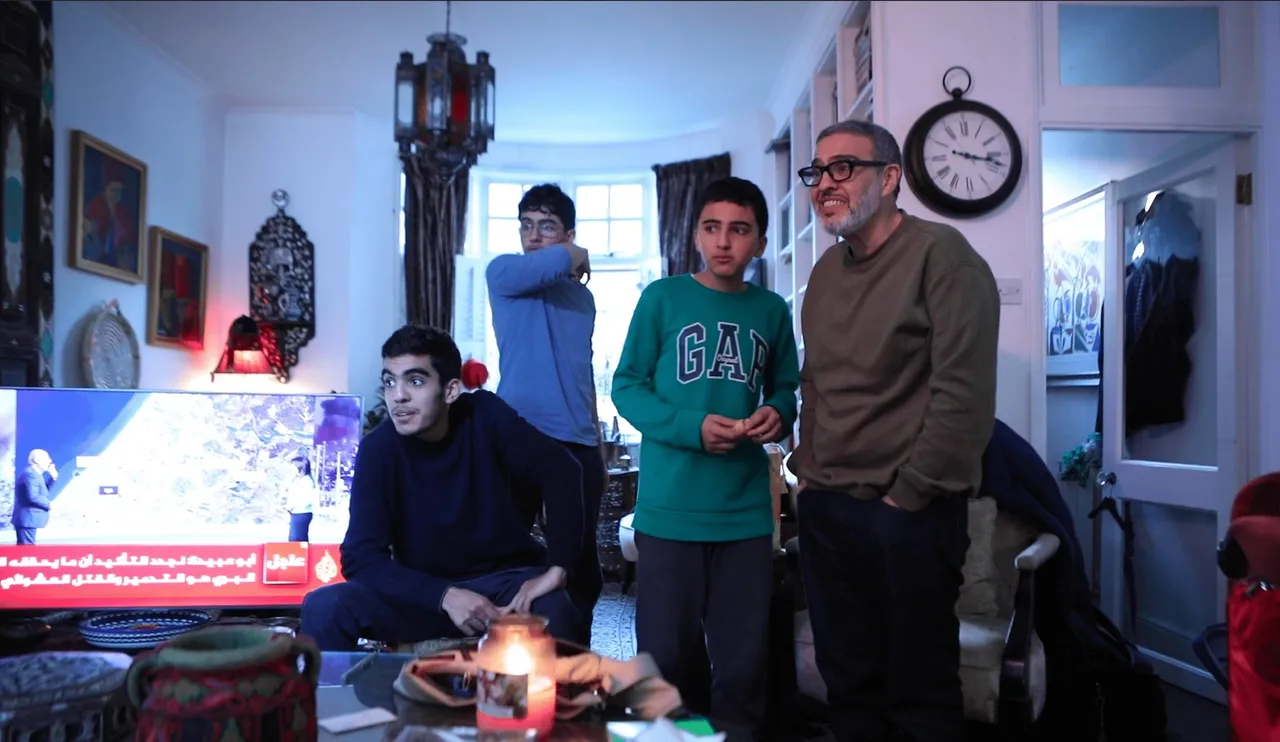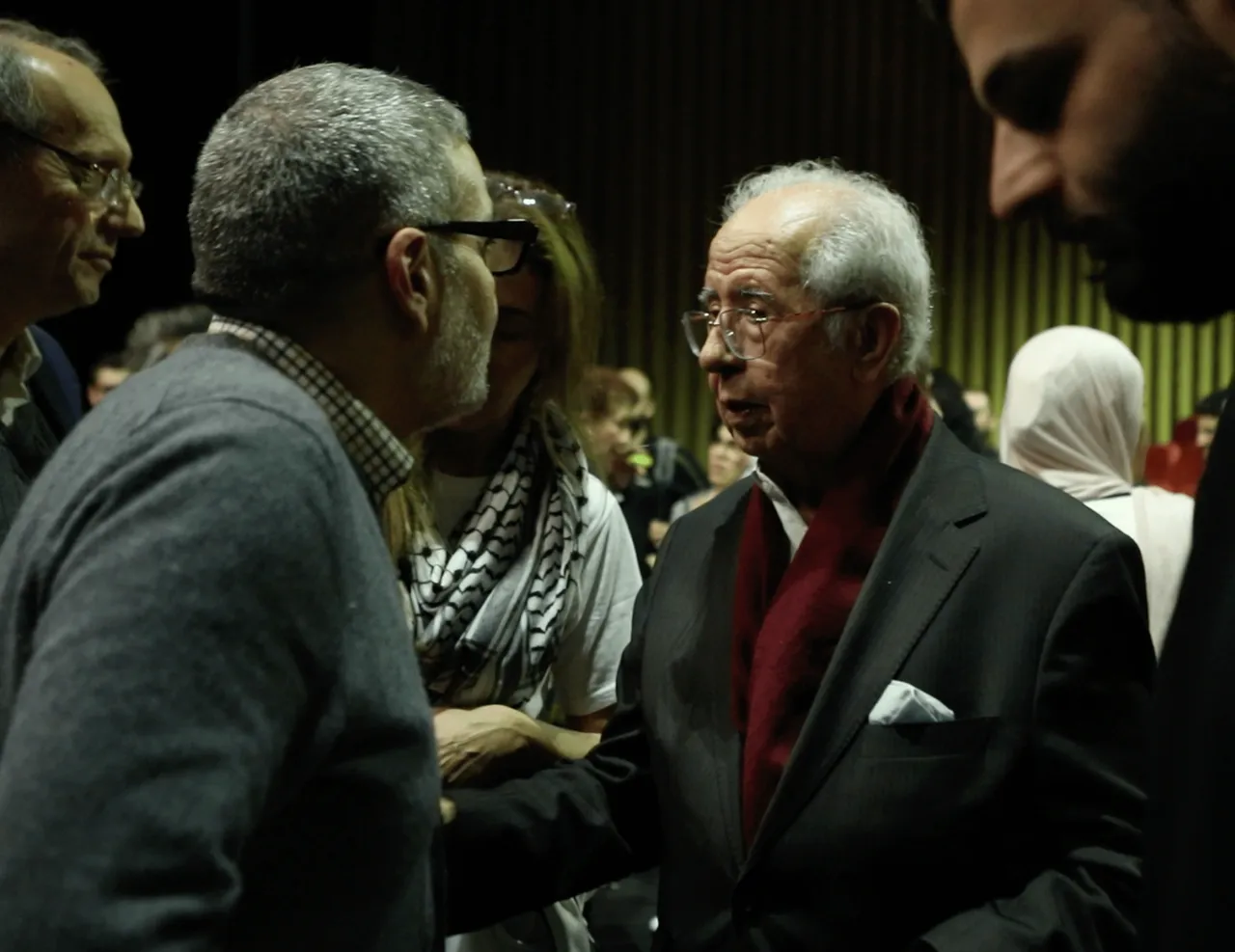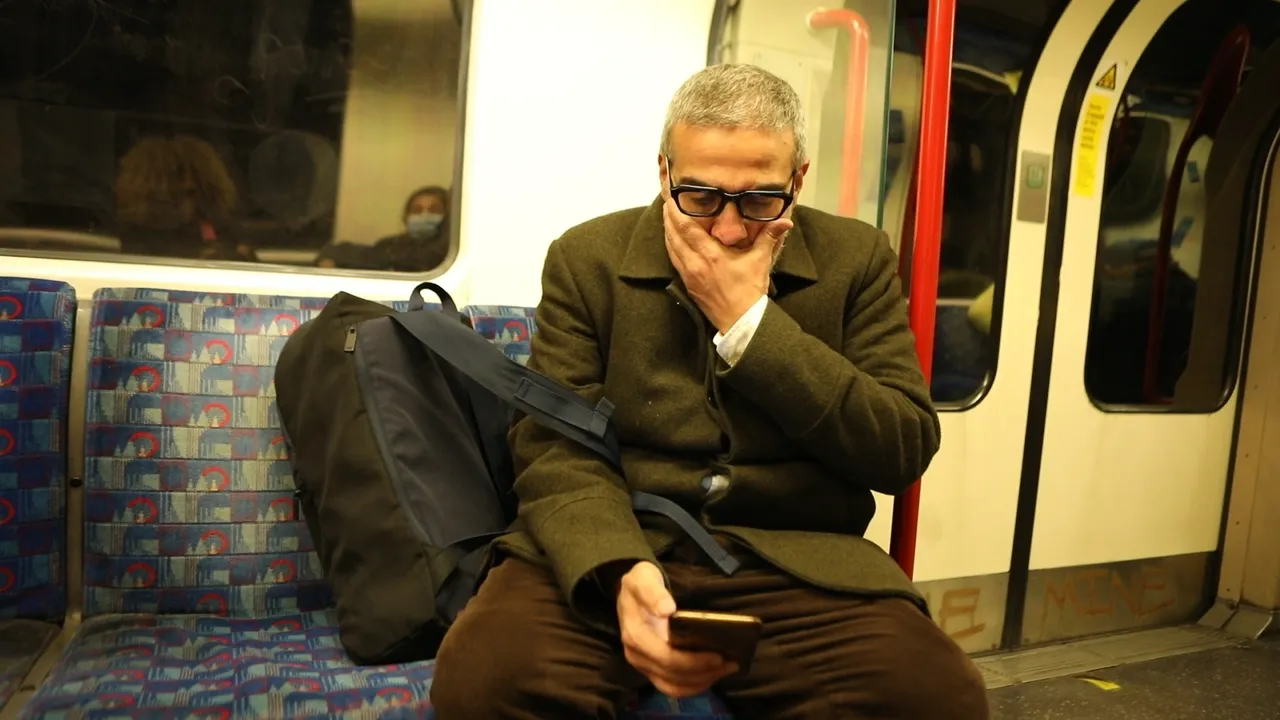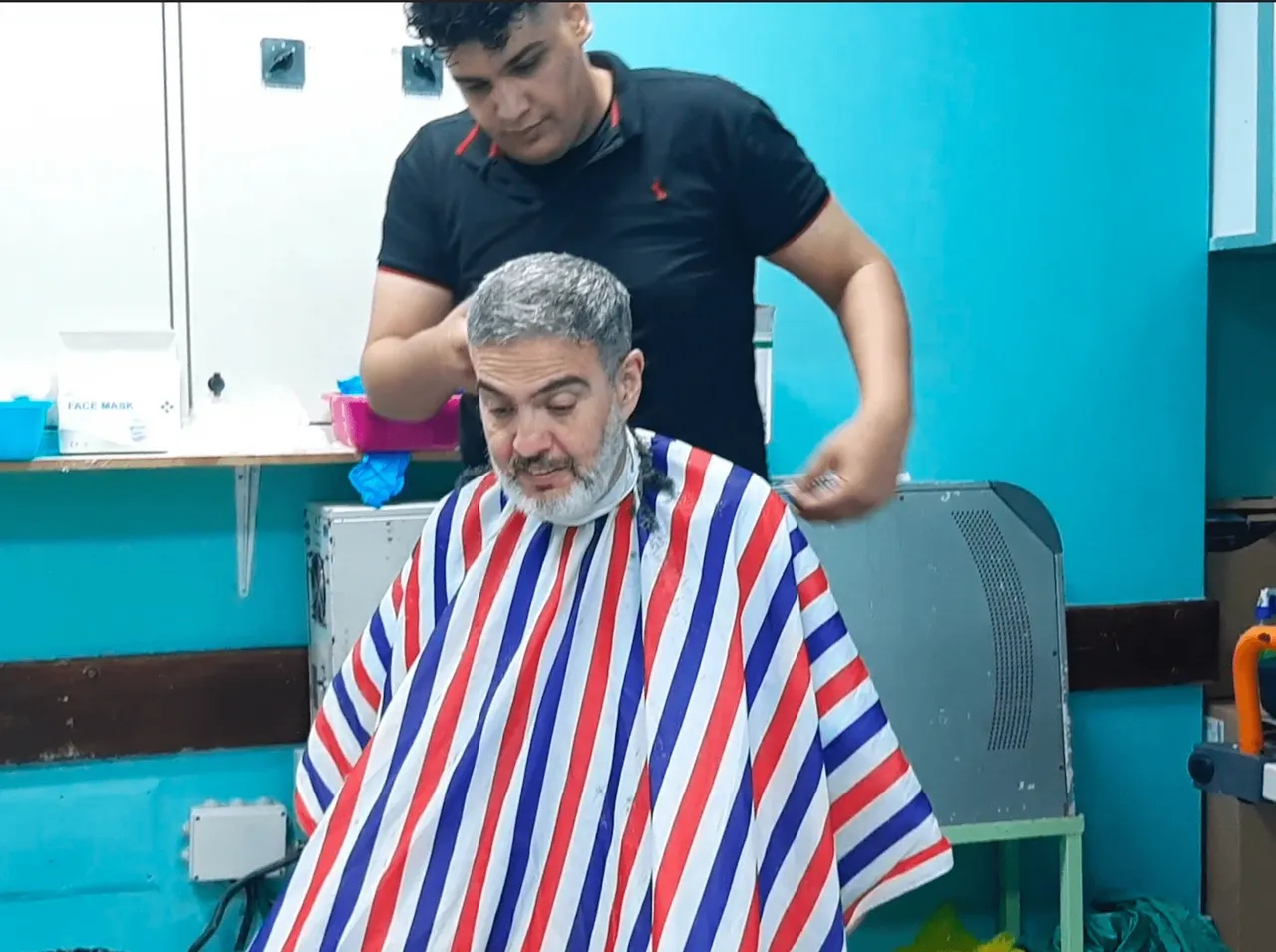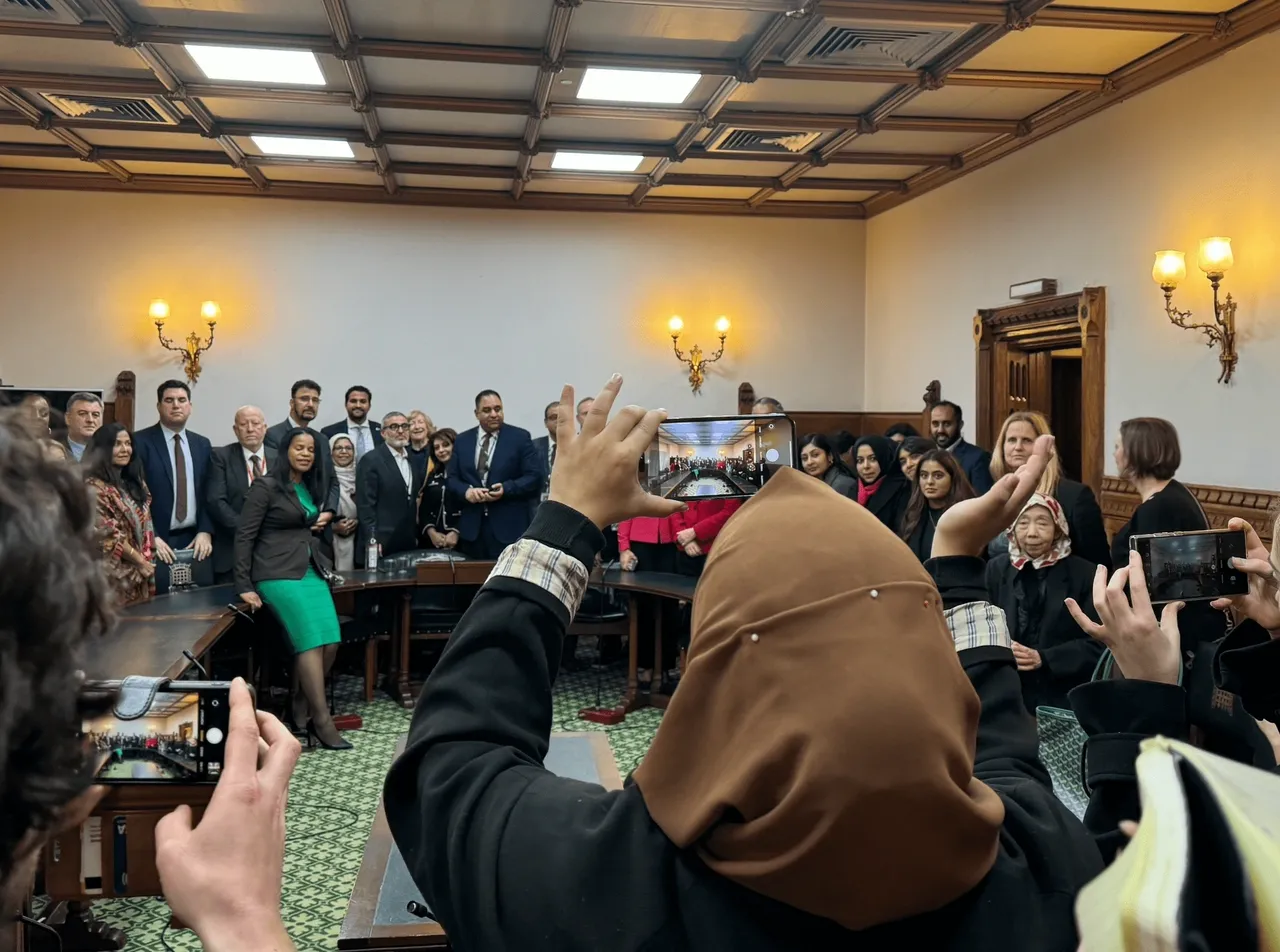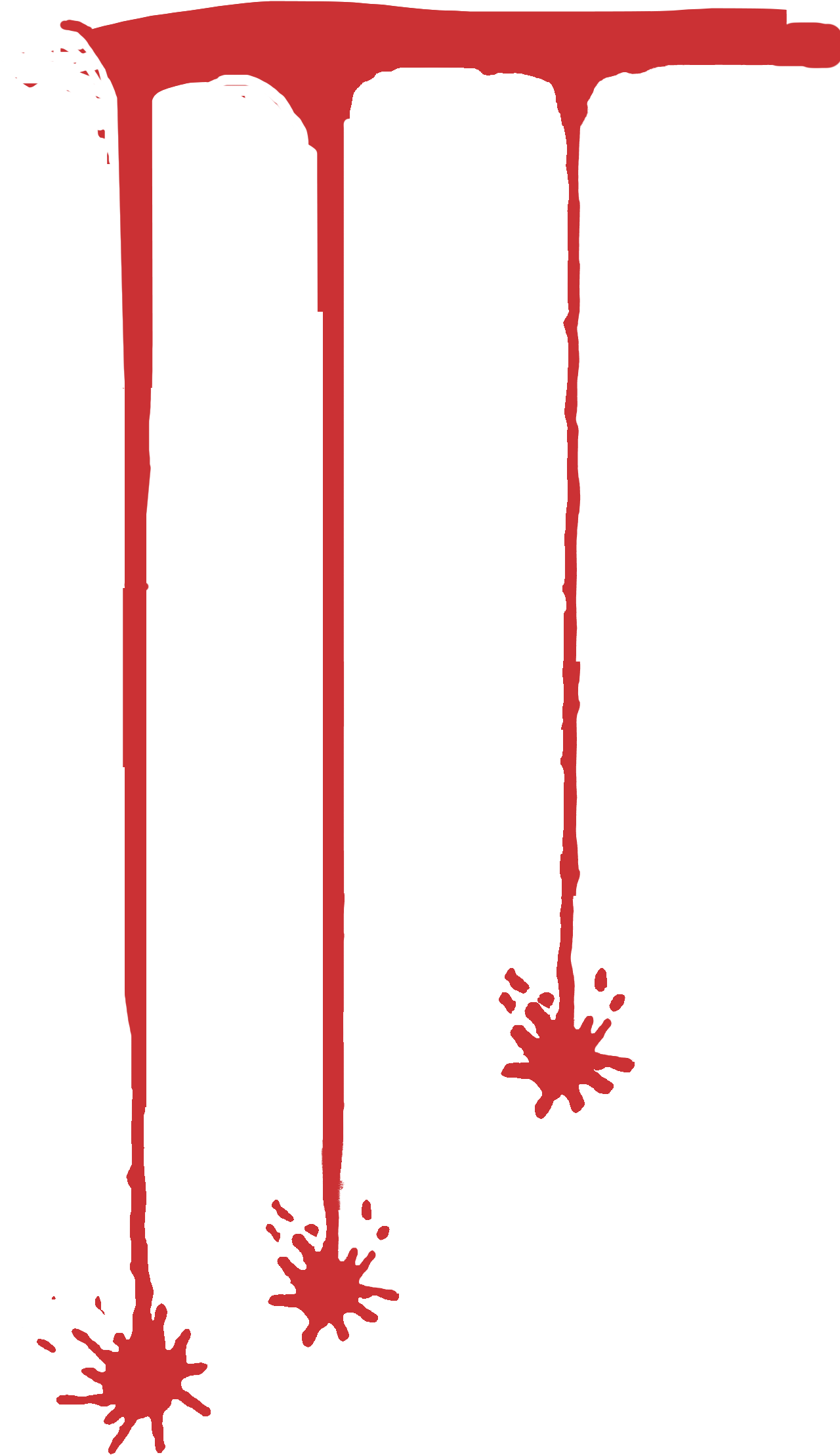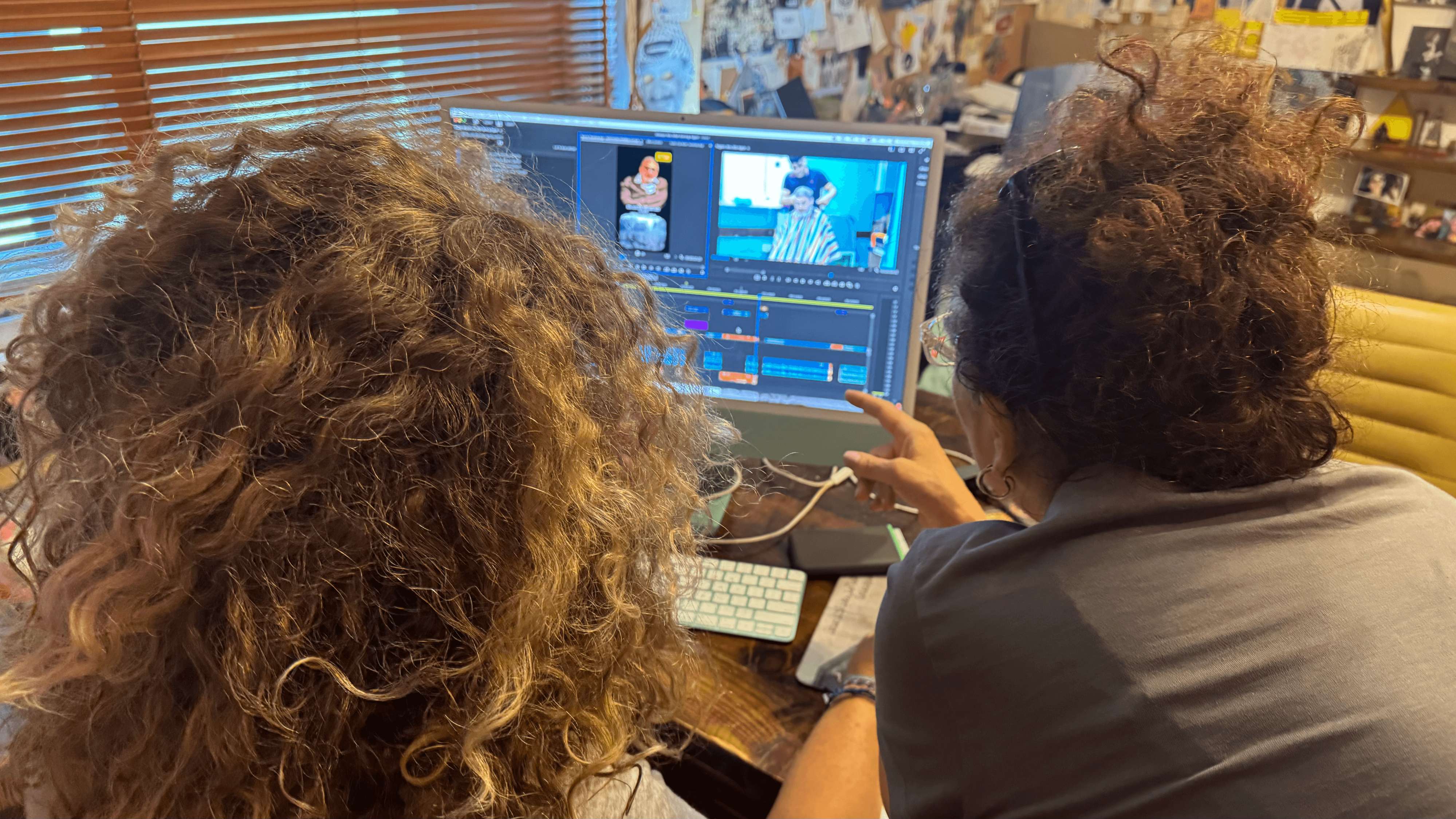
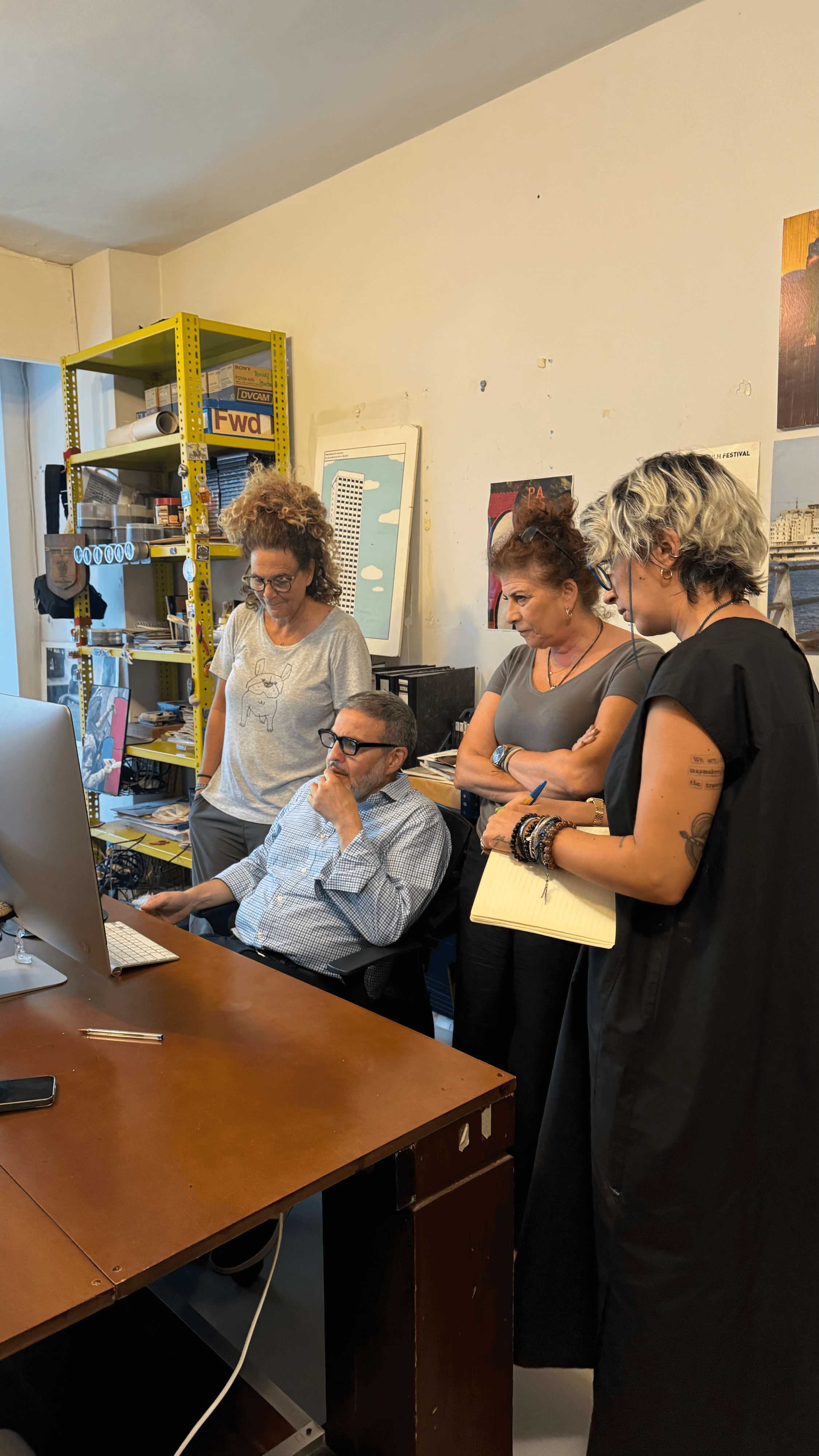
A feature-length documentary film by Carol Mansour and Muna Khalidi.
After 43 horrific days working round the clock under constant bombardment in the emergency rooms of Gaza’s Al Shifa and Al Ahli hospitals, British-Palestinian reconstructive surgeon, Dr. Ghassan Abu Sittah, emerged to find himself as a face of Palestinian resistance.
With news footage of him pale and shell-shocked reverberating around the world, he spoke of a catalogue of horrors from lacerated bodies, to amputations without anesthetics, orphaned children with no surviving family, and the deliberate targeting of medics and hospital facilities.
This was Ghassan’s sixth and most horrific Gaza “war”. Why does he do it? Where does he find the strength to face it again and again? How does it impact his family? How do they process the risks he takes? The answer lies simply in their shared passion: Palestine, a passion they articulate through their support of his perilous humanitarian work.
Filmmakers Carol Mansour and Muna Khalidi, close friends of the Abu Sittahs, share that same passion. They were waiting anxiously for Ghassan to emerge from Gaza, following a long and terrifying journey through the night, to meet him in Amman. Determined to capture his raw emotions they began filming him the moment he arrived through the door. Following him to Beirut, Amman, London, Kuwait and Dubai, they and he explore their common State of Passion.
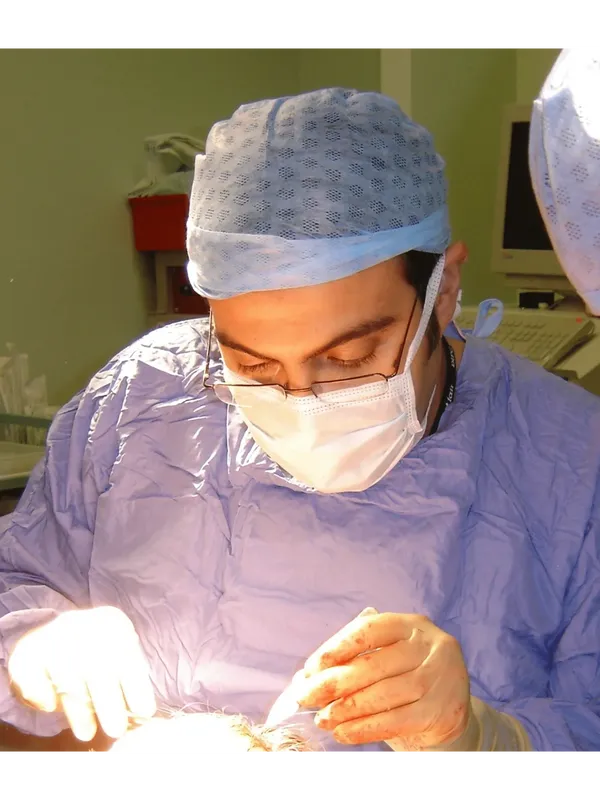
Dr. Ghassan Abu-Sittah is a highly praised and much accoladed British-Palestinian Associate Professor of Surgery and a Plastic & Reconstructive Surgeon, with a reputation as one of the world’s leading specialists in craniofacial surgery, facial aesthetics, cleft lip and palate surgery, and trauma related injuries.
Dr. Abu-Sittah was born and raised in Kuwait. He completed his medical education at the University of Glasgow in the U.K. and his postgraduate residency training in London, where he underwent 3 fellowships: Pediatric Craniofacial Surgery at Great Ormond Street Hospital for Sick Kids (GOS); Cleft Surgery at GOS and a further fellowship in Trauma Reconstruction at the Royal London Hospital.
In 2012, he became Head of the Division of Plastic and Reconstructive Surgery at the American University of Beirut Medical Center and Clinical Lead of its Pediatric War Injuries Program and War Injuries Multidisciplinary Clinic. In 2015, he co-founded and became director of the Conflict Medicine Program at Global Health Institute at the American University of Beirut. He returned to the U.K. in 2020 to a practice in Plastic and Reconstructive Surgery in the private sector.
He is an Honorary Senior Clinical Lecturer at the Center for Blast Injury Studies at Imperial College, University of London and Visiting Senior Lecturer at the Conflict & Health Research Group at Kings College, University of London.
He is Clinical Lead for the Operational Trauma Initiative at the World Health Organization’s EMRO Office and serves on the board of directors of INARA, a charity dedicated to providing reconstructive surgery to war injured children in the Middle East, and on the Board of Trustees of the U.K.-based Medical Aid for Palestinians. He also serves on the U.K.’s National Institute of Health Research (NIHR) International Funding Committee.
Dr. Abu-Sittah has published extensively on the health consequences of prolonged conflict and on war injuries including medical text books, “Reconstructing the War Injured Patient” and “Treating the War Injured Child.”
He has worked as a war surgeon in Yemen, Iraq, Syria, South Lebanon and during the 5 wars on the Gaza Strip. Dr. Abu-Sittah arrived in Gaza on October 9th, 2023 and spent 43 days treating patients at al-Shifa and al-Ahli hospitals as the genocide was taking place. He was operating on wounded patients at al-Ahli when the hospital was bombed.
In March 2024, Dr. Abu-Sittah was elected as Rector of Glasgow University.
In June 2024, he received an Honorary Doctorate from the American University of Beirut, and the university has recently established a Chair in Conflict Medicine in his name of which he was named Professor.
